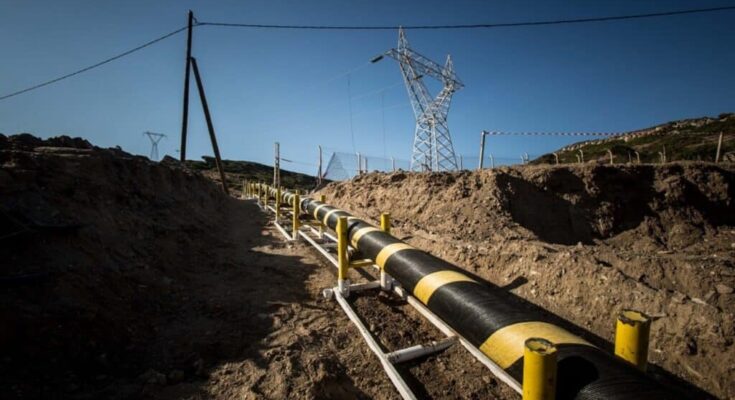
A significant breakthrough has been achieved in the long-standing negotiations surrounding the underwater electricity interconnection between Greece, Cyprus, and Israel.
According to AMNA, the governments of Cyprus and Greece, the European Union’s Directorate General for Energy, and the regulatory authorities of both countries have reached an agreement on the regulatory framework for the Great Sea Interconnector (GSI) project, which aims to link the electricity grids of Cyprus and the island of Crete in Greece.
Key details of the agreement between Greece and Cyprus on the underwater grid interconnector
The newly forged agreement, which includes input from the Greek power transmission operator ADMIE, follows intense discussions and negotiations spearheaded by Cypriot Energy Minister, George Papanastasiou. According to reports from Cypriot media, ADMIE has accepted a proposal that will see the Cypriot government finance the operator’s costs during the construction phase of the project from 2025 until its expected completion in 2030.
The Cypriot government will provide €25 million annually, totaling €125 million over the five-year period, with the funds being sourced from the country’s revenues from trading emission rights rather than directly from consumers.
This financial arrangement marks a critical step forward for the GSI project, which has been described as essential for ending Cyprus’s energy isolation by connecting it with the EU’s broader energy network. The European Union has already committed over €600 million in funding to the €2 billion project.
Avoiding a potential deadlock on the GSI
The agreement follows a period of tension and near-deadlock in late August, when a teleconference involving energy officials from Greece and Cyprus, ADMIE, and the Regulatory Authority for Energy of Cyprus (RAEK) failed to produce a consensus. The primary sticking point was the Cypriot government’s firm stance that consumers should not bear the initial costs of the interconnection project, which led to concerns that the project could collapse.
RAEK had previously rejected a proposal that would have allowed ADMIE to recover its costs from consumers during the project’s construction, a common practice in similar large-scale infrastructure projects globally. This rejection threatened to halt progress on the GSI, a project vital not only for Cyprus but also for enhancing the EU’s energy security.
The final agreement also addresses the geopolitical risks associated with the project. The parties involved have accepted a regulatory framework approved by RAEK in 2023, which includes provisions for potential cost recovery from consumers in the event of external risks, such as geopolitical disruptions. However, this would only occur under specific circumstances and with the approval of RAEK.
The Cyprus government is expected to formally approve the agreement, which will allow the project to move forward without further delays.
It has to be noted that the Hellenic American Leadership Council (HALC) called on August 29th for the expedited completion of the Great Sea Interconnector, saying it represents “the great potential of the Eastern Mediterranean as a political, economic and energy region.”



